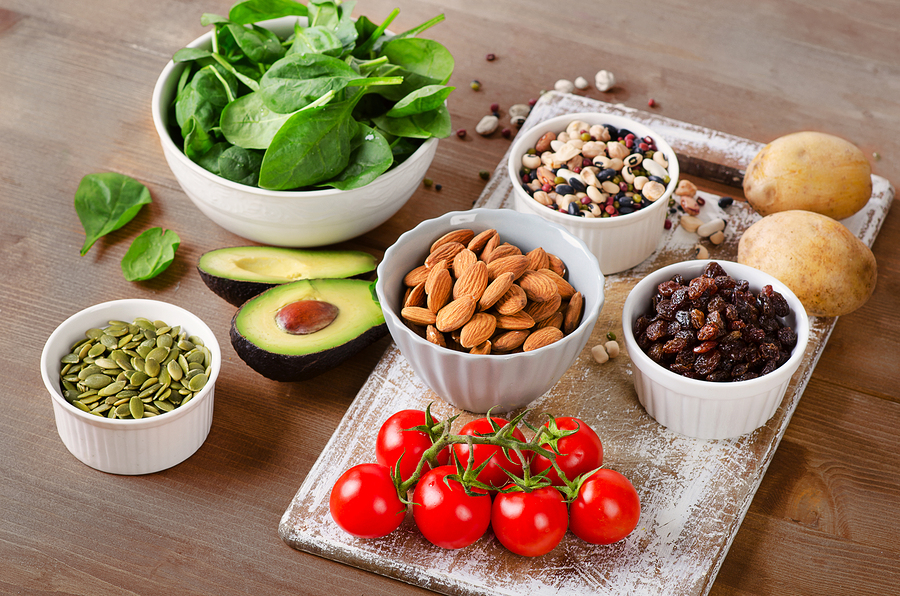- Make It Yourself Lavender Heart-Shaped Bath Bombs!
- 20 Things You Never Knew About “Down There”
- 12 Best Foods For Those Suffering From Arthritis Pain
- 12 Personal Hygiene Mistakes Almost Everyone Makes (Mom Never Told You About #4!)
- 15 Medicinal Plants And Herbs From The Cherokee People
- 12 Mind-Blowing Benefits Of Drinking Coconut Water During Pregnancy
- 12 Outstanding Winter Foods That Won’t Fatten You Up Like A Christmas Turkey
Decrease The Amount Of Salt In Your Body: Learn How!

Photo credit: bigstock.com
5. Eat foods that are rich in potassium
It is very important to make sure that your body has enough potassium in it. When you have too much sodium and you are retaining fluid, potassium will be able to help the body release the fluids. Foods that are brimming with potassium include raisins, spinach, bananas, and carrots.
6. Stop using salt
The suggested amount of sodium based on the Dietary Guidelines for Americans is 2,300 milligrams per day. If you have problems with your kidneys, high blood pressure, are African American, or more than 51 years of age, you should not use salt and keep your consumption of sodium to around 1,500 milligrams per day.
7. Don’t eat foods that are high in sodium
There are so many foods that are high in sodium that you should stay away from completely or try to find the salt-free versions. Stay away from canned meats and fish, foods that are cured, brined, or smoked, and many fast foods. In addition, beware of any packaged foods that have a seasoning packet you have to add to the foods as you prepare them, such as ramen noodles, and macaroni and cheese. Also, high in sodium are fish sauce, barbecue sauce, soy sauce, and ketchup.
8. Keep moving
If you have a chance, make sure you keep moving, whether it is through physical activities, running, or even walking. When you raise your level of physical activity, it keeps your blood flowing which helps your body to release extra fluids out of your extremities. Besides sweating you will eliminate more fluids as you urinate.
Continue to Page 3
































